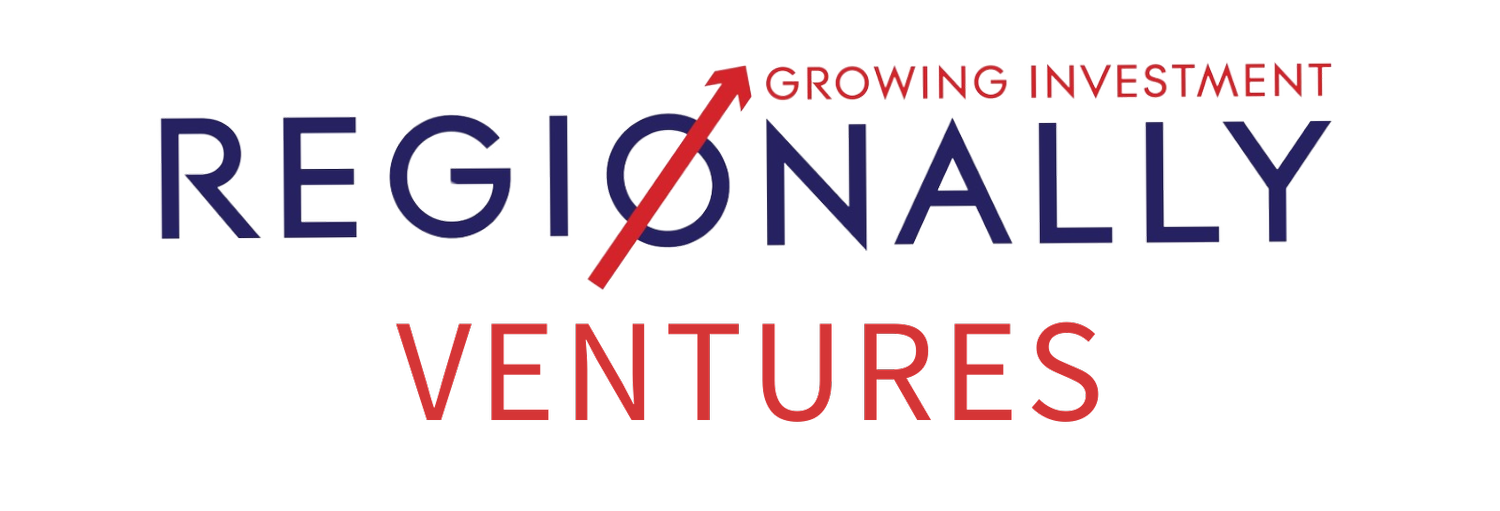Meet the Founder: Mitch Platt, Yoyo Grocery Co.
Founded by a team of industry veterans— Jim Odell, Justin Urquhart Stewart, Paul Newsham, Martin Taylor, Michael Mcdowell, and Tony Backhouse, Regionally Ventures is committed to bridging the funding gap for high-growth regional businesses across the UK. With 70p of every £1 traditionally invested in London, regional businesses represent a valuable, yet often overlooked, segment of the market.
At Regionally Ventures, we back founders who challenge the status quo. Yoyo Grocery Co is a standout example—an online grocery brand delivering Michelin-quality pantry staples in reusable packaging, led by a team with conviction, ingenuity, and purpose at its heart.
Founded by Mitch Platt following a long-COVID diagnosis and a personal shift toward healthier living, Yoyo has grown from a kitchen-table idea into a business that’s not only redefining convenience but raising the bar on sustainability in UK retail.
Yoyo is scaling its operations and platform while keeping purpose, product quality and customer experience at its core. In this conversation, Mitch shares the reality of building a low-waste brand from scratch, the science behind reuse, and what’s next as Yoyo takes its pioneering refill system to other retailers.
If you’re an investor interested in EIS-qualifying opportunities in next-gen consumer brands, or a founder building something just as bold, we would love to hear from you.
Mitch, you launched Yoyo following a long‑COVID ordeal and a shift to healthy eating — can you describe that tipping point?
I contracted long-COVID early in the pandemic when very little was known about how to manage it (sadly, I believe that remains the same today). I was advised by my GP to look into self-help techniques, so I researched how others managed long-term illnesses. Healthy eating came up again and again, and I discovered that some of the best food I could buy locally was via zero-waste shops. However, I was always left frustrated by the shopping experience and so the idea of online refills was born.
You spent years developing your reusable bag system. What was the most surprising obstacle to making it work at scale?
The most challenging obstacle to making flexible plastics work at scale is drying them. This is because usually we dry with residual heat which is not something you can do with plastic. So we created a system that combines heat, vibration and forced air. And now we spend our days tweaking these elements to optimise the process!
How do you reconcile sourcing Michelin-quality ingredients with low-waste packaging? Does one ever challenge the other?
In contrast to premium products in many supermarkets, often quality ingredients and minimal packaging go hand in hand. The farmers and producers that we work with understand that to get the best produce you need to respect the environment in which it is grown. That requires a holistic view of the supply chains which includes the packaging they use.
Were there unexpected insights about how people react to reusable packaging, and has that changed your approach?
Our switch to plastic bags last year - we were using cotton and jute to begin - has caused concern and confusion with some customers. To minimise waste, we didn’t put a leaflet in with orders but with hindsight, that probably would’ve been a good solution, as it turns out many people don’t read our emails! However, the data behind the switch is so compelling that once it is explained, people understand. I also think consumers are ready for these kinds of data-led conversations today. But we could do better, so we are now looking at ways to make it clearer online and when the order is delivered, why we think our HDPE flexible plastic bags are the most sustainable reuse solution in the world.
As Yoyo grows, how do you ensure quality and sustainability stay at the heart of the brand, even when commercial pressures rise?
I think purpose and profit can coexist when it’s embedded at the core of the business. There are lots of great examples of this in all sectors. Some fantastic British companies pushing the envelope in traditionally dirty sectors include the clothing company Finisterre and the energy company Ecotricity. However, we have over 50 wholesale partners that we purchase from who are also showing that purpose and profit can coexist. Furthermore, whilst our reuse system costs more today than single use, we believe that when EPR legislation (based on the pollutive pays principle) comes into full effect, that will re-distribute the scales in favour of reuse models like ours.
What’s next for Yoyo?
Right now we're focused on growing our direct-to-consumer offering and making Yoyo to the go-to online wholefoods retailer. The next step is to enable other retailers to make the switch to reuse by supplying packaging as a service. We have some very exciting pilots in the pipeline which will be revealed very soon….
At Regionally Ventures, we believe in helping regional businesses reach their full potential. The Regional Way is one of the ways we support that, helping founders bridge the gap between ambition and execution, one solid plan at a time.
If that sounds like the kind of business you are building, then we would love to hear from you.
